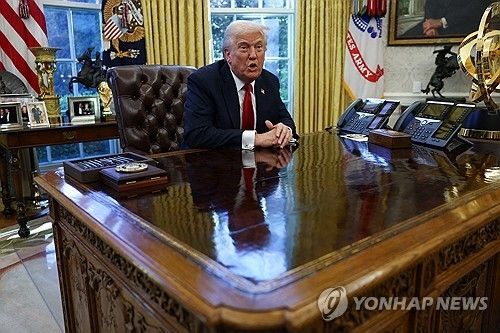
In a significant move to bolster domestic manufacturing, U.S. President Donald Trump has announced the imposition of a sweeping 25% tariff on foreign-made automobiles and parts. The action is grounded in Section 232 of the Trade Expansion Act, a legal provision that allows for unilateral tariff imposition when imports are deemed a threat to national security.
The White House highlighted the critical nature of the automotive industry to U.S. security, emphasizing that excessive imports are undermining the country's industrial base and supply chain. This mirrors a previous application of Section 232 when President Trump imposed similar tariffs on steel in 2018, marking a strategic use of a law that was largely dormant before his administration.
Enacted in 1962, Section 232 was seldom used until Trump leveraged it during his first term to impose a 25% tariff on steel, leading to South Korea securing duty-free status for a substantial amount of steel exports through negotiation. Unlike past instances where negotiations softened the impact, this time, the tariff on automobiles is being applied without exceptions, underscoring Trump's hardline trade stance.
The decision comes after a Department of Commerce investigation, initiated at President Trump's behest, concluded that foreign automobile imports weaken the domestic industrial base and pose a national security threat. Although similar threats were made during his first term regarding tariffs on automobile imports from the European Union and Japan, they were not enacted at the time.
With this latest move, President Trump has signaled a firm commitment to maintaining these tariffs throughout his term, reiterating his administration's focus on protecting U.S. industries and reducing trade deficits. The sudden announcement has sent ripples through the global automotive market, as international manufacturers grapple with the potential implications of the new tariffs.
Copyright ⓒ 뉴스로드 무단 전재 및 재배포 금지
본 콘텐츠는 뉴스픽 파트너스에서 공유된 콘텐츠입니다.



